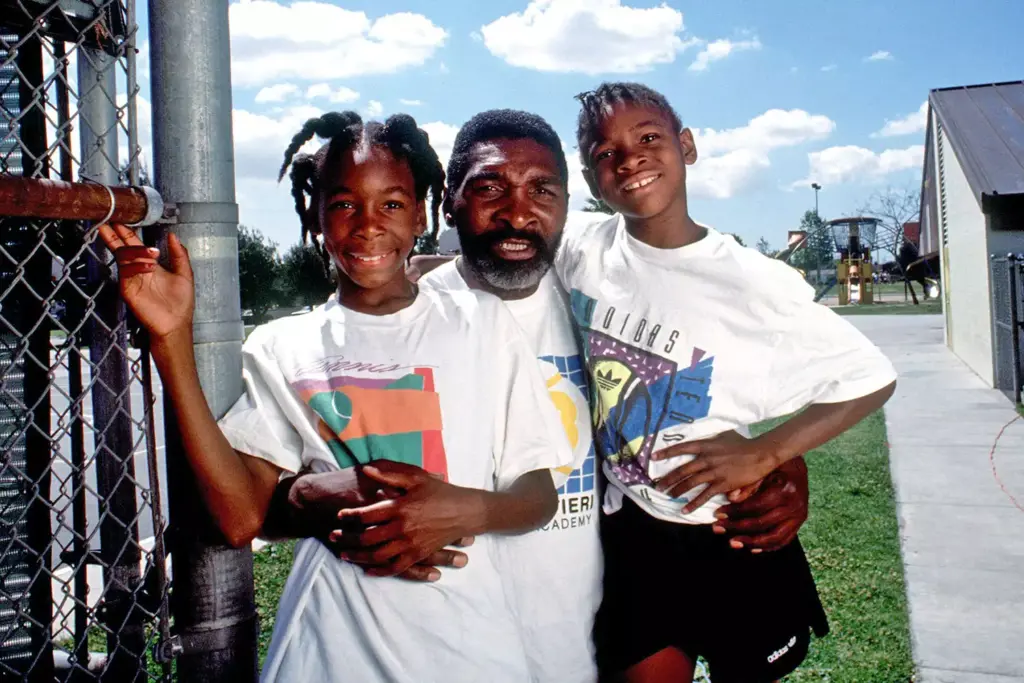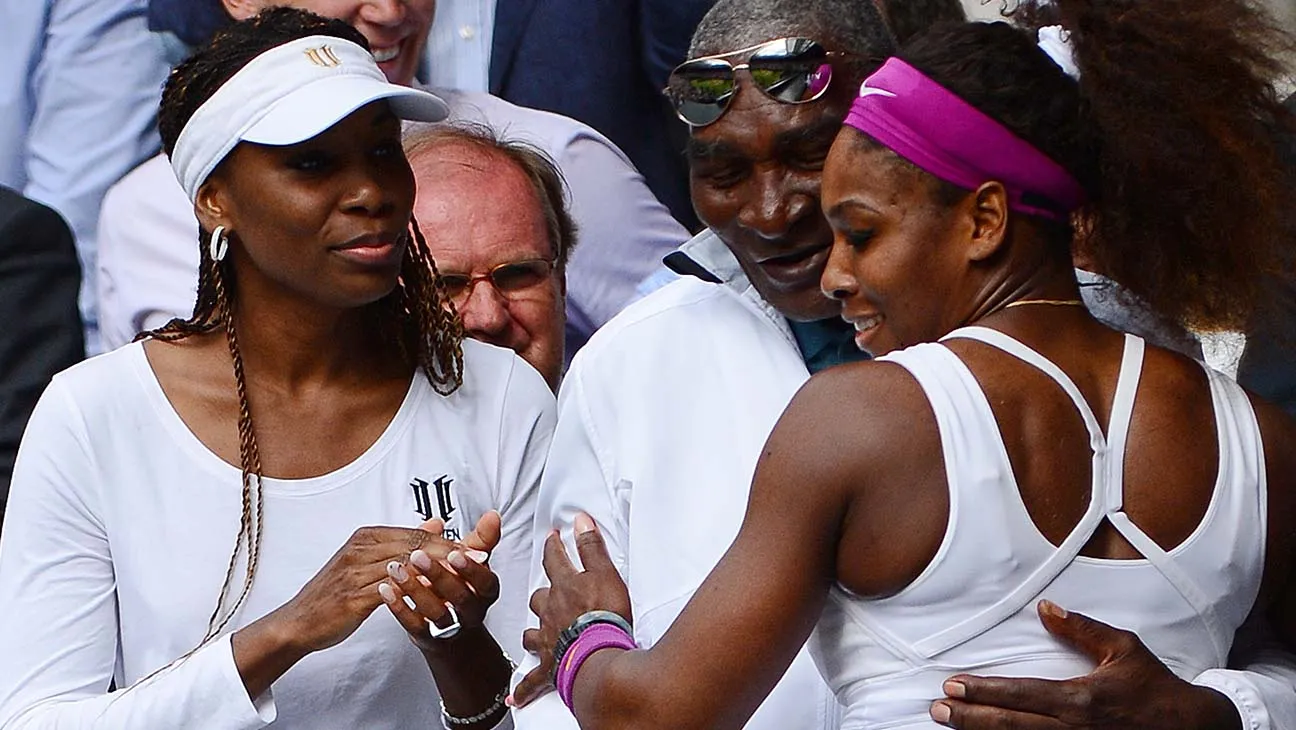Pastor Simon Mbevi of the Mavuno Church has authored one of the best books about fathers: Dad is Destiny. In his book, Pastor Mbevi details the difference a father makes in his children. Being a father is one of the most fulfilling experiences. I have had occasions and rare privilege to listen to Pastor Mbevi and I concur with him that Dad is Destiny.
Real friends are rare. Fathers are real friends. So when you have great friends like fathers it’s important to treasure them and know that what they give you is valuable. Fathers mean well for their children.
It’s while reading Mbevi’s book that I came to a clear understanding of the meaning of the small actions and activities that we do with our children. Nothing illustrates this better than the inspiring story of the Williams daughters: Serena and Venus Williams. Here it is:
As we celebrate Father’s Day, it’s an apt time to reflect on the profound influence of fathers in shaping the lives and careers of their children. Few examples are as compelling as that of Richard Williams, whose unwavering dedication and unconventional coaching methods turned his daughters, Serena and Venus Williams, into two of the greatest tennis players in history.
Richard Williams, born in Shreveport, Louisiana, in 1942, had no formal tennis training himself. However, he was driven by an extraordinary vision for his daughters. In a sport predominantly occupied by white players, Richard foresaw a future where his African-American daughters would dominate. His journey began after watching Virginia Ruzici win the French Open in 1978, where he decided that tennis would be the path for his future children.

Armed with determination, Richard immersed himself in tennis literature, learning the intricacies of the game. He crafted a 78-page plan for Venus and Serena before they were even born. His commitment was unyielding: he moved the family to Compton, California, a neighborhood notorious for its gang violence, believing that if his daughters could succeed there, they could succeed anywhere.
Training began in earnest when Venus and Serena were just four and five years old, respectively. Richard’s methods were unconventional but effective. He eschewed junior tennis circuits, often criticized for burning out young talents, and focused instead on a rigorous home-based training regimen. This decision allowed the girls to retain their passion for the game and avoid the intense pressures and potential exploitation of junior tennis.
READ ALSO:
One of Richard’s most significant contributions was instilling a sense of confidence and resilience in his daughters. He encouraged them to believe in their abilities, often against overwhelming odds. This mental fortitude became a hallmark of their careers. Whether it was overcoming racial barriers, dealing with injuries, or facing formidable opponents, Serena and Venus consistently displayed an unshakeable resolve that can be traced back to their father’s teachings.
Richard also prioritized education and personal development. Both Venus and Serena earned high school diplomas and pursued further education. This emphasis on academics ensured that the sisters had a well-rounded upbringing, preparing them for life beyond tennis.
The Williams sisters’ professional debut was met with skepticism from many in the tennis establishment. Critics doubted Richard’s coaching credentials and questioned his methods. However, Venus’s breakout moment came when she reached the finals of the US Open in 1997, just two years after turning professional. Serena’s breakthrough followed shortly, with her first Grand Slam win at the US Open in 1999. These victories were not just personal triumphs but also a validation of Richard’s unorthodox approach.
Under Richard’s guidance, Venus and Serena went on to dominate women’s tennis. They have won a combined total of 30 Grand Slam singles titles, 14 Grand Slam doubles titles as partners, and numerous Olympic gold medals. Beyond their records, they have broken barriers, becoming icons for diversity and empowerment in sports.
Richard’s impact extends beyond the tennis court. His story is one of perseverance and vision, an inspiration to countless parents and coaches. He demonstrated that with belief, hard work, and an unyielding commitment to one’s children, extraordinary outcomes are possible. His approach has been a testament to the power of unconventional thinking and the importance of nurturing both the athletic and personal growth of young talents.
As Serena and Venus near the twilight of their illustrious careers, they often reflect on their father’s influence with deep gratitude. In interviews, they credit him for their mental toughness, strategic acumen, and the indomitable spirit that has carried them through the highs and lows of professional tennis. Their achievements stand as a living legacy to Richard’s vision and dedication.
On this Father’s Day, Richard Williams’ story serves as a powerful reminder of the pivotal role fathers can play in shaping their children’s destinies. His journey with Venus and Serena underscores the transformative power of a father’s belief in his children and the incredible heights they can achieve with that support. Richard Williams didn’t just raise champions; he raised strong, intelligent women who have left an indelible mark on the world of sports and beyond.
By Kamomonti wa Kiambati
Kamomonti teaches English and Literature in Gatundu North Sub County.
You can also follow our social media pages on Twitter: Education News KE and Facebook: Education News Newspaper for timely updates.
>>> Click here to stay up-to-date with trending regional stories






